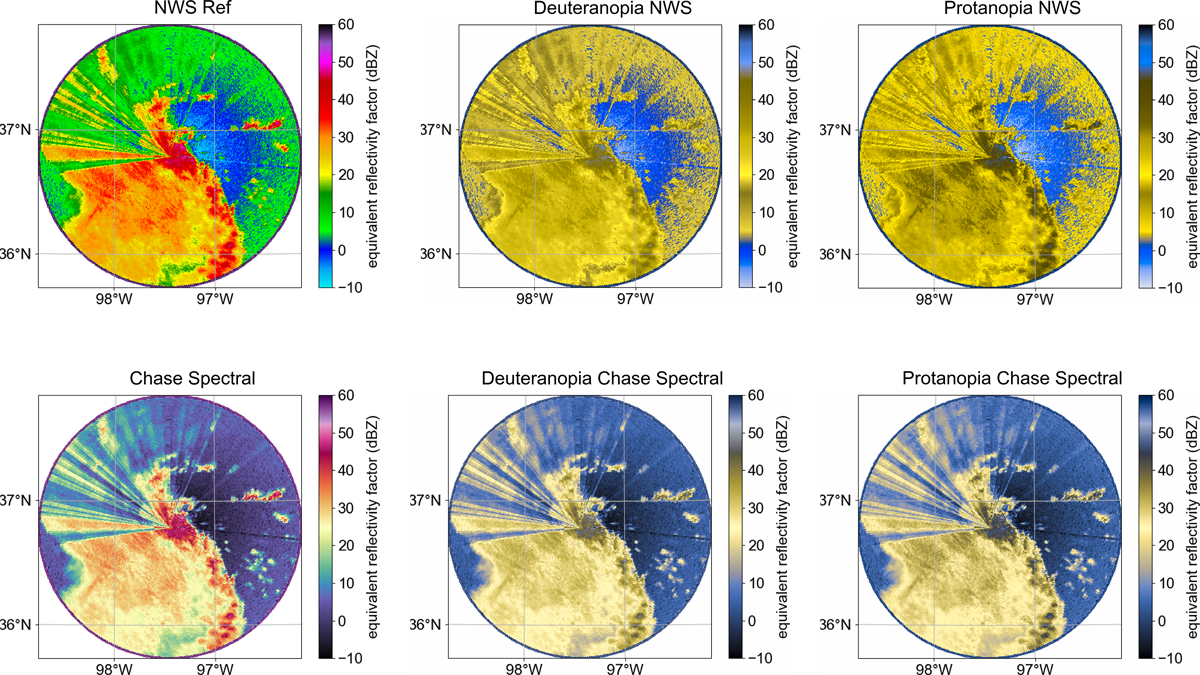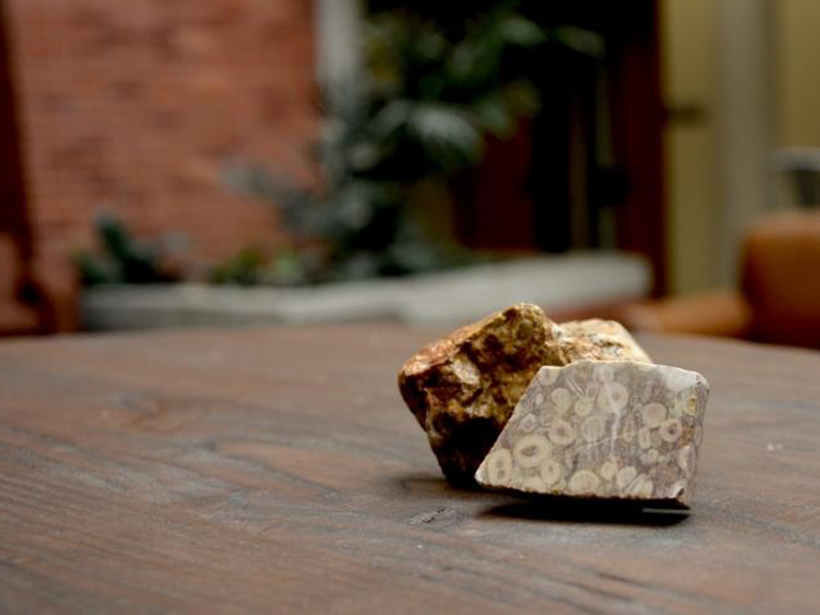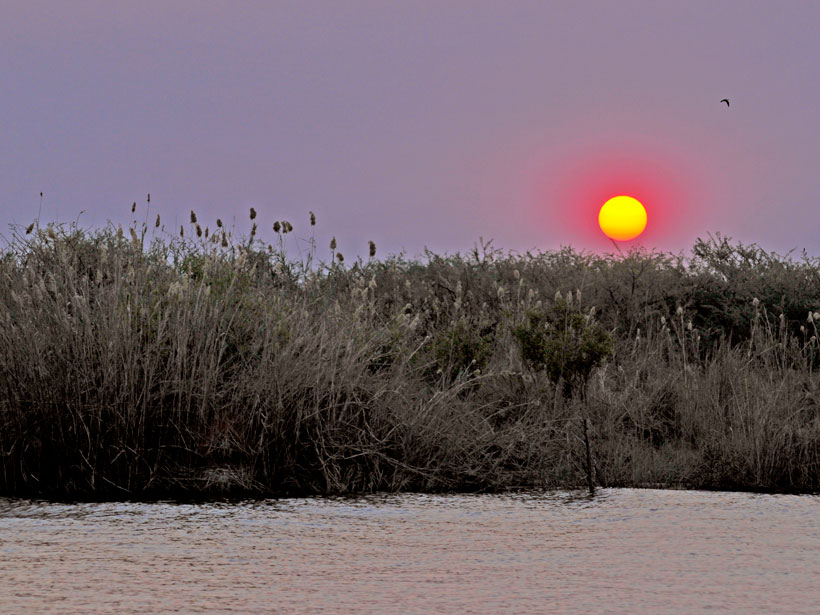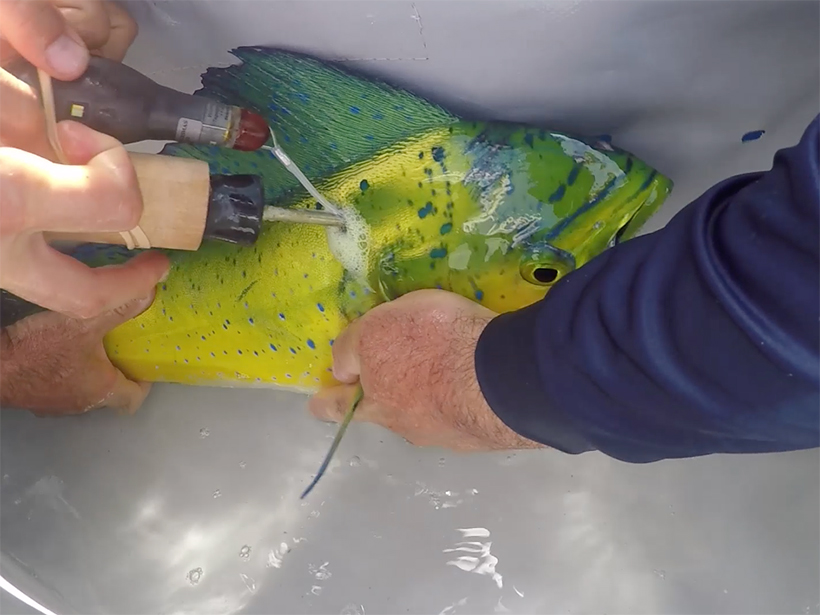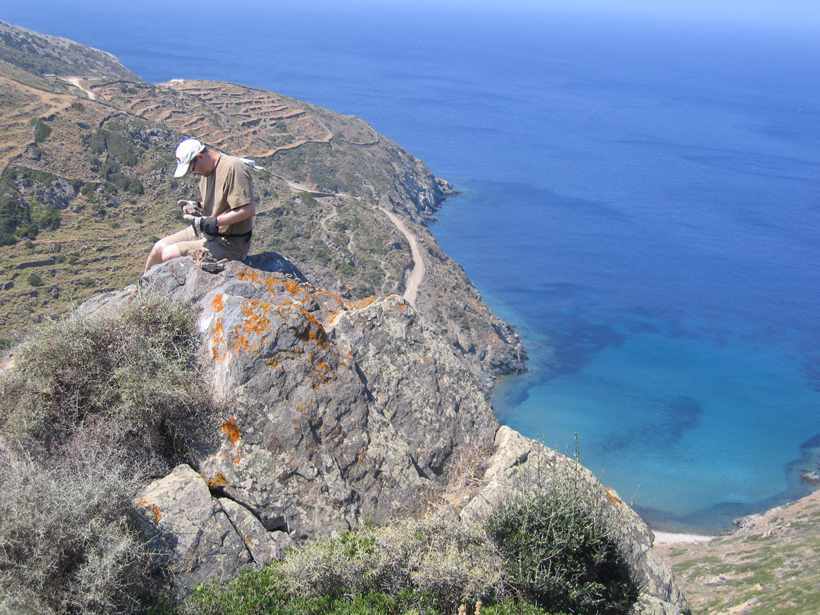New research demonstrates how to make radar maps more easily interpretable for people with color vision deficiency.
Rachel Crowell
Rachel Crowell is a freelance math and science writer based in Iowa who has written for Eos, Scientific American, the American Mathematical Society, Science News for Students, The Open Notebook, and other publications. Crowell, who is a former AAAS Mass Media Fellow, holds a bachelor’s degree in mathematics and statistics from the University of Missouri at Kansas City.
Weathering of Rocks Can Release Carbon Dioxide
New research upends the notion that the weathering of rocks mainly removes CO2 from the atmosphere. Rocks can also be carbon sources, releasing as much CO2 as Earth’s volcanoes.
Using Food to Tell the Climate Change Story
Discussing the impact of climate change on food is an effective way to spark interest in the science of climate change and how to mitigate associated problems.
Análisis Climáticos Para Una Mejor Predicción de Brotes de Diarrea
Investigadores han encontrado nuevas conexiones entre las condiciones climáticas del fenómeno “La Niña” y la enfermedad más letal para los niños a nivel mundial.
Dust in the Atmosphere May Have Fertilized the Ancient Ocean
New research investigates dust’s role in primary production during the Carboniferous and Permian periods.
Using Climate Studies to Better Predict Diarrhea Outbreaks
Researchers have found new connections between La Niña climate conditions and the leading killer of children worldwide.
Oil-Exposed Mahi-Mahi More Likely to Lose Oil-Avoidance Behavior
Contact with oil may make it harder for the fish to avoid additional exposure, creating a vicious cycle following offshore oil spills.
The World in 2050 Pursues Paths to a Sustainable Future
This initiative aims to provide fact-based knowledge to help implement and achieve the United Nations’ Sustainable Development Goals.
Will Melting Sea Ice Expose Marine Animals to New Diseases?
Marine mammals previously separated by Arctic ice may have more opportunities to interact as water routes redefine habitats and species ranges.
Using Garnets to Explore Arc Magma Oxidation
Samples collected from Greece help researchers piece together a scientific puzzle.

